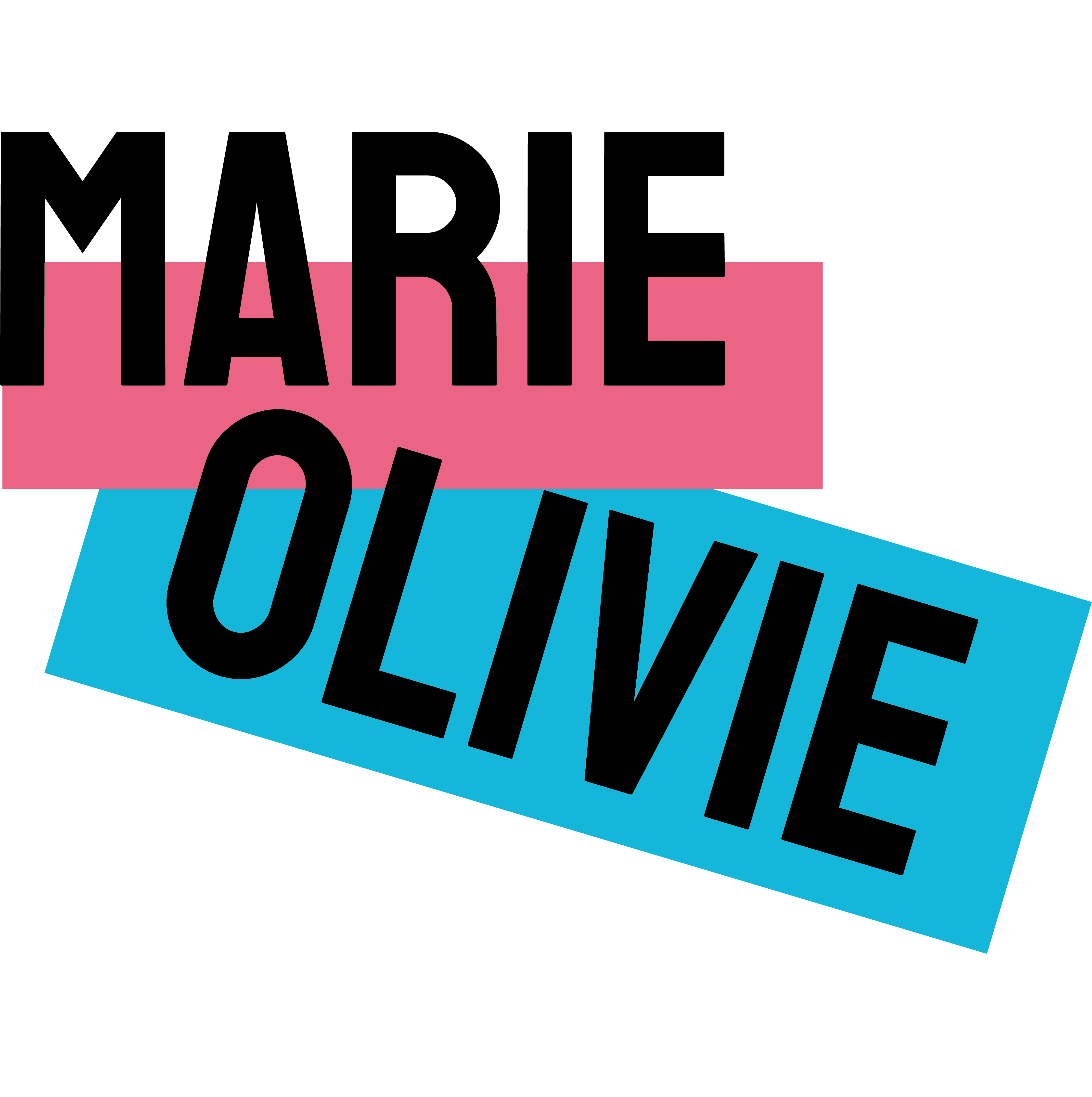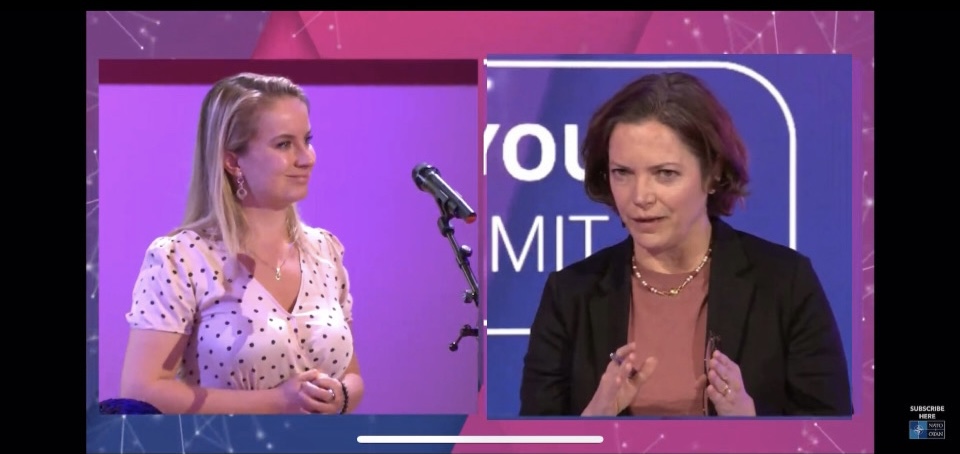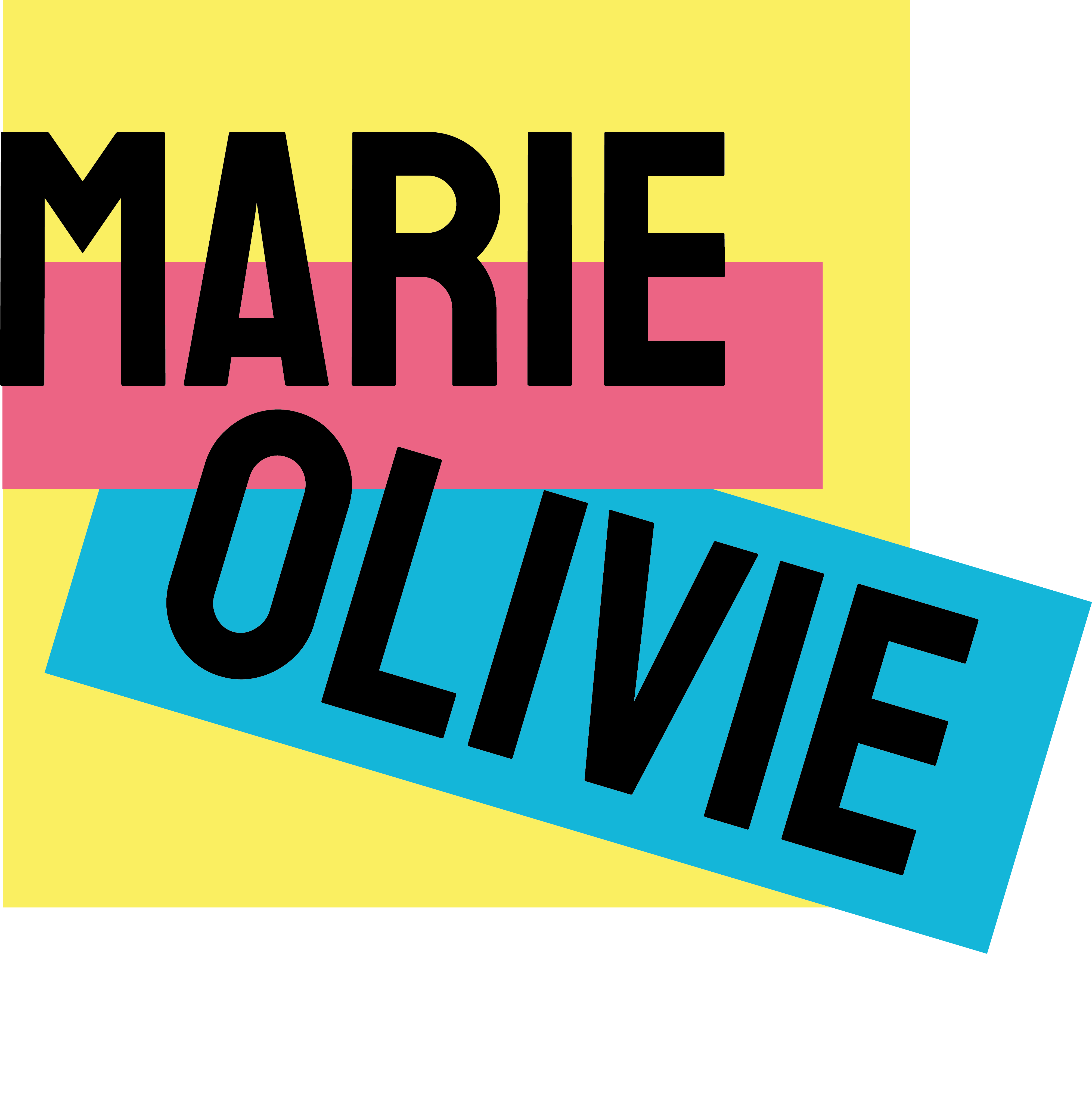Agile Management: Unlocking the Power of Flexibility and Collaboration
In today’s fast-paced business environment, it’s more important than ever to be agile and adaptable. That’s where Agile management comes in – a powerful methodology that emphasizes flexibility, collaboration, and continuous improvement.
At Marie Olivie, we’ve seen firsthand the transformative power of Agile management. Our team has extensive experience working with a range of clients, from SMEs to public sector organizations and large corporations, to help them unlock the full potential of Agile.
One of the key lessons we’ve learned is that Agile is not a one-size-fits-all solution. Instead, it requires careful tailoring to fit the unique needs and circumstances of each client. For example, an SME may need a more streamlined and simplified Agile approach, while a large corporation may require a more complex and structured methodology.
Regardless of the specific scenario, the benefits of Agile management are clear. By promoting flexibility and collaboration, Agile can help teams work together more effectively, respond to changing circumstances more quickly, and deliver high-quality results on time and on budget.
Some of the specific advantages of Agile management include:
- Faster time-to-market for new products and services
- Greater responsiveness to changing customer needs and market conditions
- Improved teamwork and collaboration
- Enhanced transparency and accountability
- Reduced costs and improved efficiency
At Marie Olivie, we work closely with our clients to help them implement Agile management in a way that fits their specific needs and goals. Whether it’s helping an SME streamline their development process, guiding a public sector organization through a digital transformation, or supporting a large corporation in scaling Agile across multiple teams and departments, we have the expertise and experience to make Agile work for you.
If you’re interested in learning more about Agile management and how it can benefit your business, we invite you to get in touch with us today. Our team of experts is ready to help you unlock the full potential of Agile and achieve your goals with confidence and flexibility.
What means agile?
Agile methodology is a project management approach that emphasizes collaboration, flexibility, and continuous improvement. At Marie Olivie, we believe that Agile is a powerful tool that can help organizations achieve greater success and efficiency in their projects. In this article, we’ll explore how Agile works and explain how Marie Olivie can help you implement Agile in your organization.
At the heart of Agile methodology are several key roles, including the project owner, the Scrum master, and the development team. The project owner is responsible for defining the project goals, setting priorities, and ensuring that the team is working towards a common vision. The Scrum master is responsible for facilitating the Agile process and ensuring that the team is working effectively and efficiently. The development team is responsible for executing the project work and delivering high-quality results.
Agile teams work in short iterations, known as sprints, typically lasting one to four weeks. Each sprint begins with a planning meeting, where the project owner and development team discuss the goals for the sprint and agree on a set of tasks to be completed. Throughout the sprint, the team meets daily in a brief stand-up meeting to discuss progress and identify any roadblocks or issues that need to be addressed. At the end of the sprint, the team conducts a review to demonstrate the work completed during the sprint and a retrospective to identify areas for improvement.
Agile methodology also includes several key brainstorming activities, such as user story mapping, sprint planning, and backlog refinement. User story mapping involves creating a visual representation of the user experience, which can help the team to understand the user’s needs and priorities. Sprint planning involves breaking down the work for the upcoming sprint and estimating the time and effort required to complete each task. Backlog refinement involves reviewing and prioritizing the list of tasks, known as the backlog, and updating it based on changing priorities.
One of the key benefits of Agile methodology is its emphasis on collaboration and communication. Agile teams work closely together, with frequent meetings and check-ins to ensure that everyone is aligned and working towards a common goal. This approach can help to minimize misunderstandings and ensure that everyone is on the same page. At Marie Olivie, we have extensive experience facilitating collaboration and communication within Agile teams and can help you create an Agile environment that supports effective teamwork.
Another benefit of Agile is its emphasis on continuous improvement. Agile teams regularly evaluate their processes and make adjustments to improve efficiency, quality, and overall project success. This approach can help organizations to stay ahead of the curve and remain competitive in today’s rapidly changing business environment. At Marie Olivie, we can help you establish a culture of continuous improvement within your organization and ensure that your Agile processes are delivering the results you need.
Agile methodologies can be applied to a wide range of projects, including software development, product design, marketing campaigns, and more. Agile is particularly well-suited to complex and uncertain projects where requirements may change frequently. By breaking a project down into small, manageable pieces, Agile teams can deliver value quickly and respond to changing priorities in real-time.
At Marie Olivie, we believe that Agile is a powerful tool that can help organizations achieve greater success and efficiency in their projects. Whether you’re just getting started with Agile or looking to improve your existing processes, we can help you implement Agile in your organization and drive success in your projects. Contact us today to learn more about how we can help you achieve your goals with Agile methodology.
Agile in Public Sector
One of the key challenges of implementing Agile in the public sector is overcoming resistance to change. Traditional management approaches can be deeply ingrained in public sector organizations, and it can be difficult to convince stakeholders of the benefits of Agile. However, we’ve found that a combination of education, communication, and strong leadership can help to overcome these obstacles.
Another challenge of Agile in the public sector is navigating complex regulatory environments. Public sector organizations are often subject to a range of regulations and requirements, which can make it difficult to implement Agile methodologies. However, by working closely with stakeholders and adapting Agile techniques to fit within the regulatory framework, it is possible to achieve success.
At Marie Olivie, we believe that Agile is not just a buzzword or a passing trend. It is a powerful methodology that can transform the way public sector organizations operate. By promoting collaboration, flexibility, and continuous improvement, Agile can help public sector organizations to achieve better results in less time and with greater accountability.
If you’re interested in learning more about how Agile can benefit your public sector organization, we invite you to get in touch with us today. Our team of experts has extensive experience working with public sector clients, and we are ready to help you navigate the challenges of implementing Agile in this context. With our support, you can unlock the full potential of Agile and achieve your goals with confidence and flexibility.
Difference between implementing agile methodology in public and private sector
At Marie Olivie, we’ve worked with clients in both the private and public sectors to implement Agile methodologies and achieve greater success in their projects. While the principles of Agile remain the same, there are some key differences in how it is implemented in these sectors. In this article, we’ll explore these differences and explain how Marie Olivie can help you successfully implement Agile in your organization.
One of the key differences between implementing Agile in the private and public sectors is the level of regulatory oversight. Public sector organizations are often subject to strict regulations and compliance requirements that can make it challenging to implement Agile methodologies. These regulations can impact the pace of development, the level of documentation needed, and the testing and validation procedures. At Marie Olivie, we have extensive experience working with public sector clients and can help you navigate these regulations while still delivering value quickly and efficiently.
Another key difference is the approach to funding and budgeting. In the private sector, projects are often funded through venture capital or other forms of private investment. This can lead to a more agile approach to budgeting and resource allocation. In the public sector, projects are often funded through a budgeting process that is different from that used in the private sector. This can impact the way Agile teams prioritize work and allocate resources. At Marie Olivie, we can help you develop an Agile approach to budgeting and resource allocation that fits the unique needs of your organization.
Stakeholder engagement is another area where the private and public sectors differ. In the public sector, there may be a wider range of stakeholders involved in a project, including government agencies, community groups, and advocacy organizations. This can make it more challenging to ensure that all stakeholders are aligned and involved in the Agile process. At Marie Olivie, we have extensive experience working with diverse stakeholder groups and can help you ensure that everyone is on board with the Agile approach.
Finally, there may be cultural differences between the private and public sectors that can impact the implementation of Agile. Public sector organizations may have different cultures and values than those found in the private sector. This can impact the level of collaboration, the degree of risk-taking, and the approach to decision-making. At Marie Olivie, we work closely with our clients to understand their unique culture and develop an Agile approach that fits their values and priorities.
At Marie Olivie, we believe that Agile is a powerful tool that can help organizations of all types and sizes achieve their goals with greater efficiency and accountability. Whether you’re in the private sector, public sector, or somewhere in between, we can help you successfully implement Agile and drive success in your projects. Contact us today to learn more about how we can help you implement Agile in your organization.
Leave us comment below





